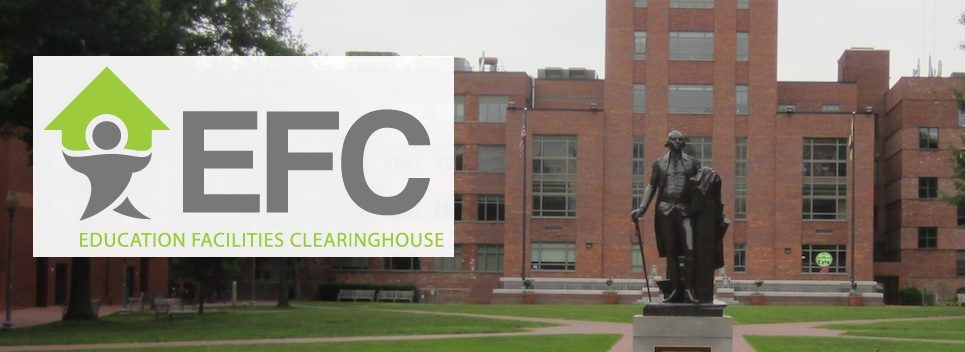Lawrence, B., 2003
Deferring maintenance in small rural schools creates poor conditions that can affect the health and safety of everyone who uses the facility, damage the morale of students and teachers, impair their ability to teach and learn, and threaten the facility itself. Numerous recommendations for policy changes that affect maintenance are presented. A percentage of the replacement cost of the facility should be spent on maintenance. This should be required at the state and district level. Energy conservation and the use of safe materials should be promoted. State policies that require a minimum number of students per building, disqualify renovation projects based on arbitrary formulae of cost ratio to new construction, and promote sprawl should be eliminated. State and local building codes and regulations should be updated to reflect local needs and modern construction practices. Ongoing education for custodians and maintenance workers should be implemented along with a data bank of relevant information. School board members, educators, architects, contractors, andother decision makers should receive education in school maintenance. Regular inspections of school facilities should be required. Students and community members should be encouraged to participate in maintenance and repair projects. Renovation and conversion of existing facilities should be promoted, and feasibility studies of the cost of new construction, renovation, and lease or purchase of existing facilities should be required and discussed in open community forums. State and the federal government should be required to fund maintenance, particularly in poor districts.

